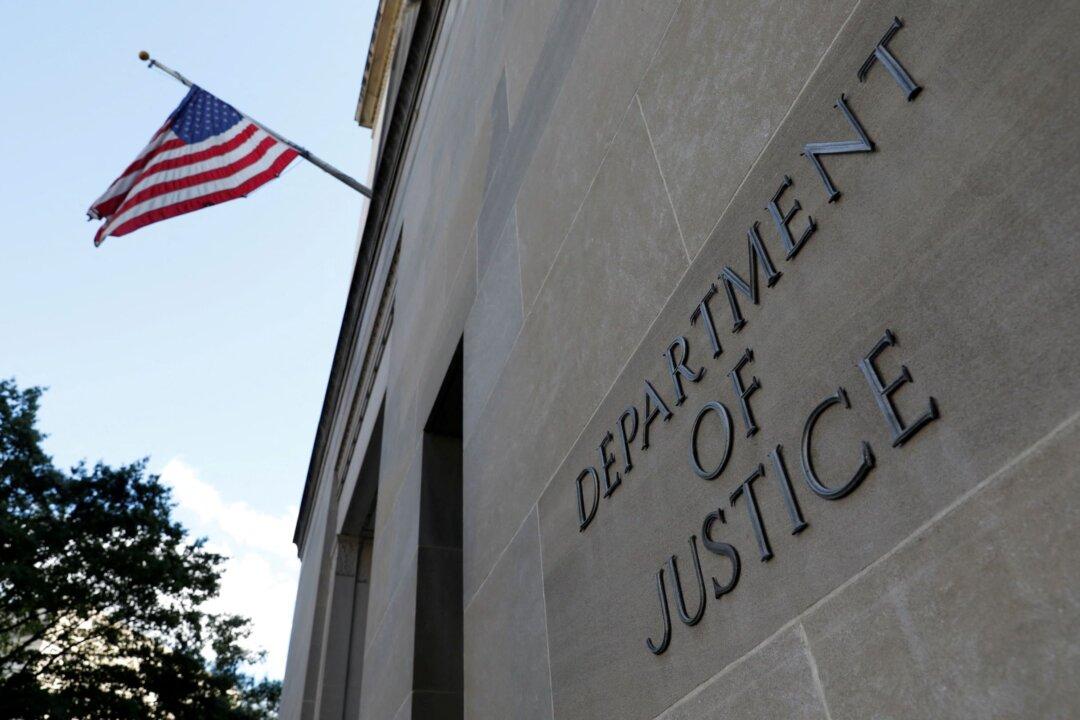A Chinese national was sentenced to 29 months in prison on April 7 after pleading guilty to stealing a trade secret from his U.S. employer earlier this year, a crime that Justice Department officials said would benefit the Chinese regime.
Xiang Haitao, 44, a legal permanent U.S. resident formerly from Missouri, worked for U.S. agribusiness giant Monsanto and its subsidiary The Climate Corporation from 2008 to June 2017. The day after ending his employment, he tried to fly to China on a one-way airline ticket, but he was stopped for a search before boarding his flight, according to prosecutors.



